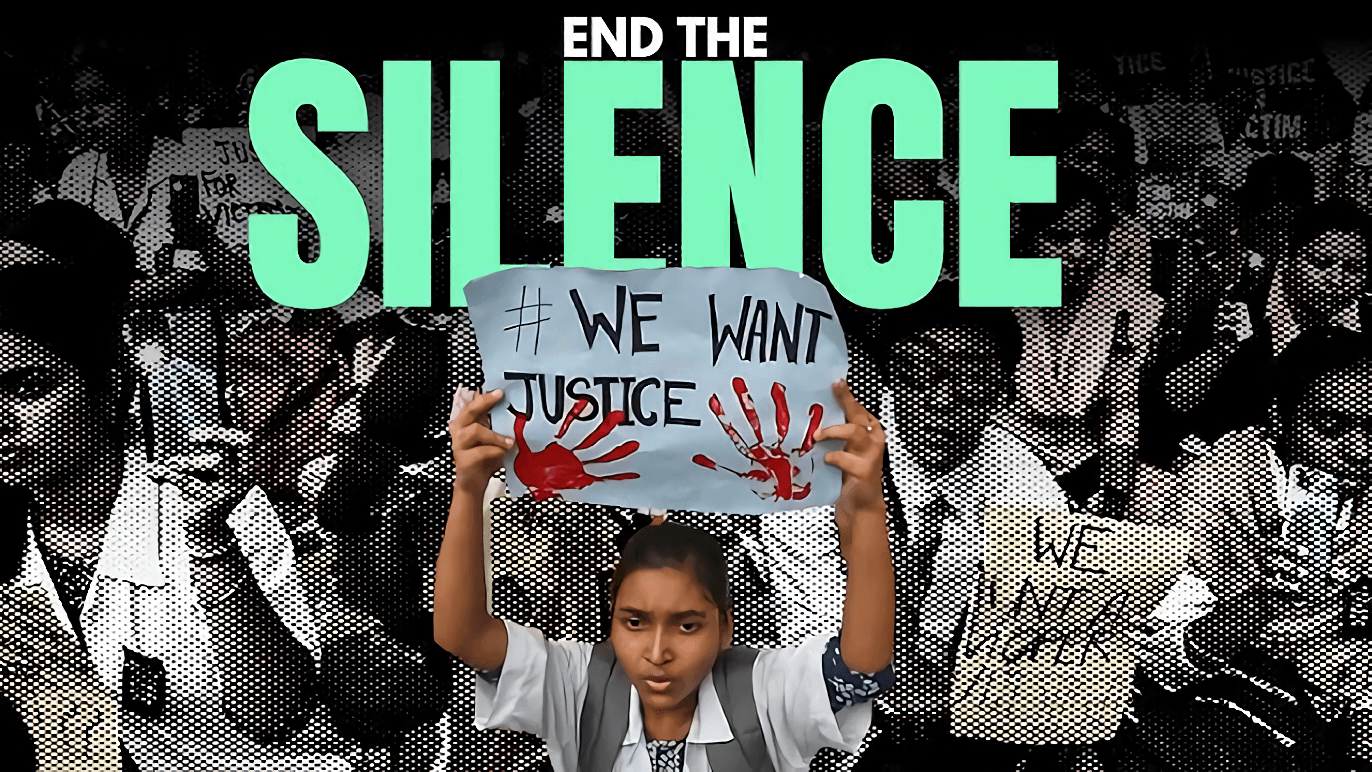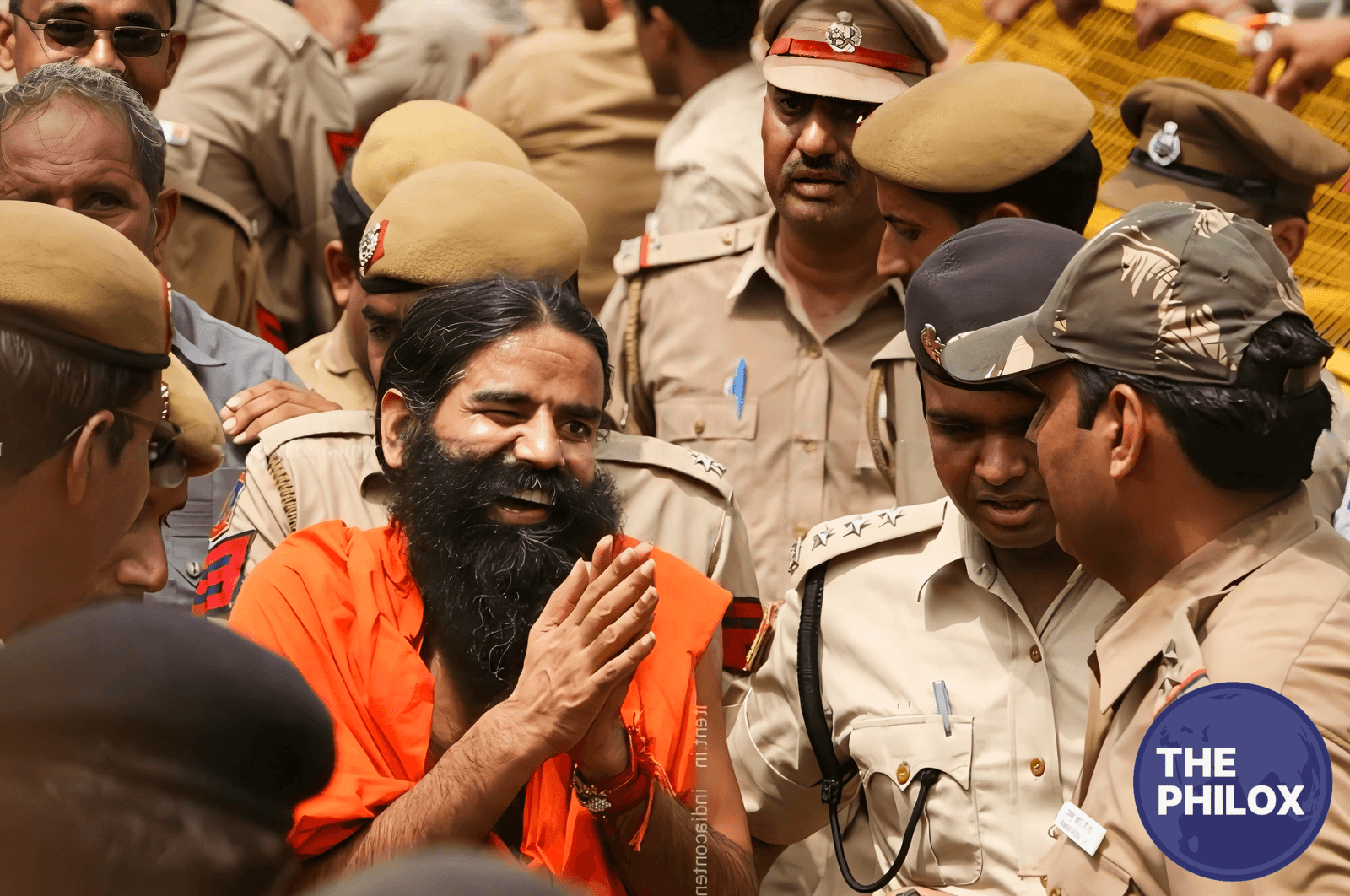A 31-year-old female postgraduate trainee doctor was brutally raped and murdered on August 9, 2024, at R.G. Kar Medical College and Hospital in Kolkata, West Bengal.
This dastardly crime shocked not just the nation but also kindled widespread protests and posed severe critical questions to the state government over its handling of the case.
Allegations have surfaced suggesting that the administration, led by Chief Minister Mamata Banerjee, may be protecting individuals implicated in the incident.
This article delves into the circumstances surrounding the crime, the government’s response, and the factors contributing to perceptions of protectionism.
The Incident and Immediate Aftermath
The victim’s body was found in a seminar room on the campus of the hospital. During the initial investigation, a 33-year-old male civic volunteer working for the Kolkata Police was arrested as a suspect in the murder.
The brutality of the crime and that the culprit was a police volunteer increased public wrath and agitations in which doctors in all medical colleges of the country started agitating along with citizens of the nation.
All resident doctors of India went on strike, demanding justice and safety for doctors at work.
Government Response and Claims of Protectionism
Sever criticism of the Mamata Banerjee administration emerged due to the handling of the case. The protesters alleged that the government was trying to give cover to some people who had political connections.
At the center of these accusations was the principal of R.G. Kar Medical College, Sandip Ghosh. Although he resigned following the incident, Ghosh reportedly came back as the principal of another state-run medical college hours later, sparking an impression of favoritism.
Adding fuel to the allegations were the orders by Calcutta High Court where the Central Bureau of Investigation probe was ordered due to suspicion of evidence tampering and influence on witnesses in the state-led investigation process.
The judgment further resonated with the apparent defects of the state-led process.
The CBI’s investigation led to the arrest of Sandip Ghosh on charges of deliberate destruction of evidence and delaying the declaration of the victim’s death, actions that resulted in the loss of vital forensic information.
Additionally, Abhijit Mandal, the officer-in-charge of the local police station, was arrested for failing to secure the crime scene.
These developments intensified public suspicion of a cover-up orchestrated by influential figures within the administration.
Due to increasing pressure, the state government dismissed Kolkata Police Commissioner Vineet Kumar Goyal and Deputy Commissioner Abhishek Gupta. Although such actions were perceived as measures taken to redress public grievances, most considered them weak and delayed.
Public protests and sentiment
The medical community responded rapidly and decisively. Resident doctors across the country went on indefinite strikes, paralyzing elective services and demanding justice for their colleague.
The Federation of Resident Doctors’ Association (FORDA) led the protests, stressing the need for stringent safety measures for medical professionals.
Public protests in Kolkata saw the citizens clash with police forces who used tear gas and water cannons to disperse the crowds.
Protesters demanded the resignation of Chief Minister Banerjee, claiming her administration mishandled the investigation and protected the accused.
Underlying Issues: Syndicate Raj and Political Patronage
The R.G. Kar Medical College incident has been a landmark for the widespread issue of “Syndicate Raj” in West Bengal-a term used for organized extortion rackets which are commonly associated with political groups.
These syndicates have often dominated the different sectors like construction and education by making use of their political links.
Such infiltration into the health sector raises questions regarding the integrity of health institutions and the safety of professionals operating within them.
The rape and murder of a trainee doctor at R.G. Kar Medical College have exposed serious maladjustments in the administration as well as in the investigatory process of the government of West Bengal.
Issues have been raised of protectionism, tampering with evidence and political patronage; erosion of public trust calls for systemic reforms.
Such crucial steps toward restoring people’s trust in the state’s administration and upholding the law will be ensuring justice for the victim and implementing effective measures of safety for the doctors.





One thought on “Why Mamata Banerjee Govt is Protecting RG Kar Accused?”